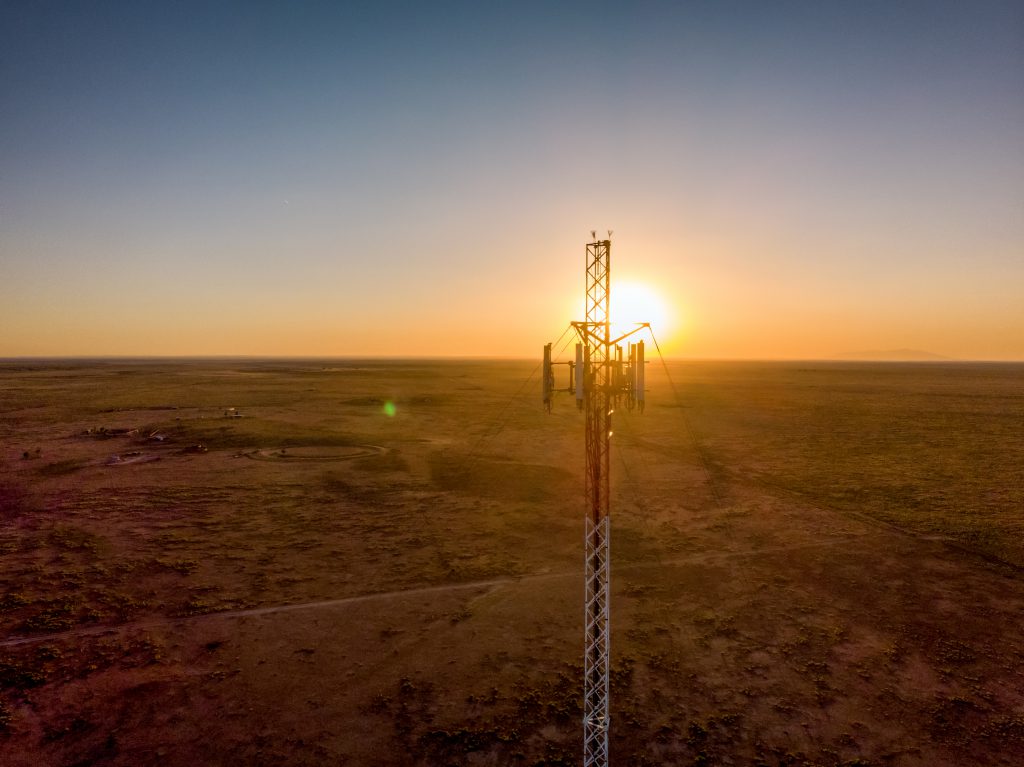AT&T, T-Mobile, and Verizon Wireless are unquestionably the nation’s top three wireless service providers. Docket Alarm analytics reveal that their interaction with the court system primarily revolves around the intellectual property underlying the country’s rapidly evolving wireless communications sector.
But another trend shows that the top players face significant labor law issues. Analytics also reveal details of the litigation accompanying a high-profile data breach impacting more than 75 million potential, current, and former T-Mobile customers in August 2021.
Industry Overview
In 2022, the companies earned $136.8 billion (Verizon), $120.7 billion (AT&T), and $61.3 billion (T-Mobile) in revenue from various streams, including internet service provision but mostly through their bread and butter: cellular wireless service. A look at the 2022 Federal Communications Commission (FCC) data, from its bi-annual Communications Marketplace Report, shows total mobile wireless connections for United States providers, including an estimate of their respective market shares as of year-end 2021.
In terms of industry consolidation, note that Verizon purchased TracFone in late 2021 for about $3.1 million, thereby “position[ing] Verizon as the leading pre-paid, value and premium wireless carrier by expanding Verizon’s portfolio, bringing enhanced access to its industry-leading wireless network and comprehensive suite of mobility products and services to a new customer base,” according to Verizon’s press release.
However, one new player is missing from the FCC’s data. As part of T-Mobile’s acquisition of Sprint in 2020, a buyout that shrank the nationwide coverage providers from four to three, the Department of Justice required T-Mobile to divest its Boost Mobile brand and its approximately 9 million customers to DISH Network.
DISH, which also provides cable television services, is busy rolling out a standalone cloud-native 5G Open RAN network, though under the terms of the deal, it has access to the T-Mobile network for seven years. In last year’s report, the FCC confirmed that DISH Network has entered the sector and has committed to emerging as a nationwide competitor.
Wireless Service Providers in Federal Court
Of the three wireless providers, AT&T has faced the most federal court litigation in recent years, with nearly 800 filings. The case types are varied, but are lead by employment cases and patent litigation. The top law firm representing the company is Littler Mendelson. On patent matters, it is represented by The Dacus Firm.
Verizon has faced 368 lawsuits in recent years, with the top case type being consumer credit, often filed against many parties under the Fair Credit Reporting Act. The second-most prevalent case type is patent, where the company is also represented by The Dacus Firm.
2021 T-Mobile Data Breach Results in Consumer MDL
A look at the timeline of cases T-Mobile defended in the last three years shows a remarkable spike in litigation during August and September 2021, following the company’s announcement of the data breach on Aug. 16, 2021.
The flood of civil cases by purported victims, including customers who had their name, birthdate, address, and even social security numbers poached from T-Mobile servers were consolidated in December 2021 in Kansas City, Mo.
The case settled in late July 2022 for a landmark $350 million spearheaded by interim co-lead counsel Stueve Siegel Hanson LLP, Keller Rorhback L.L.P., and Hausfeld LLP and T-Mobile’s counsel Alston & Bird LLP and Spencer Fane LLP.
This January, Judge Brian C. Wimes heard oral argument on the plaintiffs’ motion for final approval and took the matter under advisement, leaving final go-ahead of the settlement and attorneys’ fees of nearly $79 million pending.
Wireless Service Providers and Patents
Patent applications also dominate wireless carrier involvement in the judicial arena. Of the more than 9,200 matters captured by Docket Alarm between Jan. 1, 2020 and Jan, 31, 2023, in which either AT&T, Verizon Wireless, or T-Mobile is or was a party, about 1,700 were patent applications, with primary classifications Class 370 “Multiplex Communications” and Class 709 “Electrical Computers And Digital All Processing Systems: Multicomputer Data Transferring,” per the federal patent classification system.
AT&T dominated patent filings in the past three years, though as shown below, its filings decreased steadily from March 2021 to the present. T-Mobile is the runner-up among the companies in patent applications.
Looking further, AT&T’s IP arm, AT&T Intellectual Property claims that it owns approximately 10,000 patents worldwide and “[d]irects a robust intellectual property licensing and sales program.” Its key patent areas include communications and entertainment, cloud computing and applications, wireless technologies, and mobile application and content delivery.
